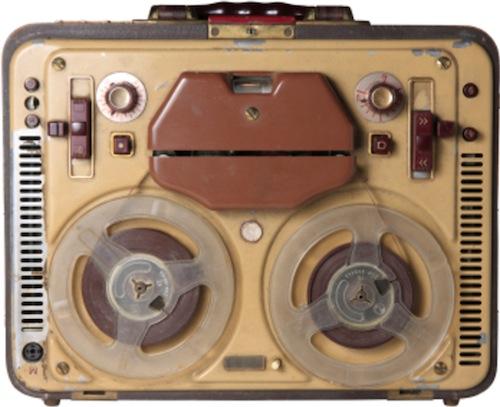
When I was in the middle phase of dissertation writing, I developed a technique of reading I found so helpful and enriching that I want to urge it upon the whole world. This technique is a simple thing—“obvious”—yet I was forty before it ever occurred to me to do it. Now I can’t imagine my life as a serious reader of poetry without it. I’ll tell you the back story.
For that particular chapter, I was writing about four poems: “Hero and Leander,” “Venus and Adonis,” “The Rape of the Lock,” and “Cadenus and Vanessa.” These are longish, complex narratives, three of which I knew well. The one I didn’t know well—indeed, had never read even once—was “Venus and Adonis,” which also happens to be three or four hundred lines longer than the others. So I read it. First impression: “Ha, surprising: Shakespeare—but the least of the bunch.”
However, “Venus and Adonis” is clearly a deep piece of writing, and I felt that I hadn’t really given it a proper turn at bat, so I did this strange thing. I made a voice recording of the whole poem (three tracks of about 400 lines each), and listened to it, over and over, following along at first in my annotated copy, then in the facsimile of the first quarto, and then finally just “in the open air”—i.e. when I was folding laundry or doing dishes. This, for about a week.
I was proceeding idly—I didn’t know how much good I was doing myself until I came to underline, in a virgin copy, the lines I had come to love. I found, #1, that the poem teemed with lovable lines, many more than I had thought, and #2, I found I had come to know the poem extraordinarily well, at least as well as I knew the other three items, and in many ways much better—because I had forced myself to take in the poem as a whole and at a walking pace, without the usual barrage of interruptions, a great many of which come from the footnotes.
I fancied these results so much that I wound up making recordings of the other three poems—and from that point onward, I recorded every single long poem I needed to deal with. Including the entirety of Hudibras and . . . many other things.
But here’s where it gets good. On the side, and as a kind of relief from the dissertation, I started recording whole books of contemporary poetry, in cases where I saw it was desirable for me to Truly Know the Book Well—e.g. when the poet was my friend or someone on whom I had a friendship crush, or when “simply everyone” was talking about the book. UPSHOT: the voice recorder is just a big part of the way I read now. And I really like it.
On the one hand, using the voice recorder in this way has changed the way I view the household chores I mentioned above. I pretty much look forward to cleaning the bathroom now. It is as if time spent cleaning has become “billable hours.” Love that. But even better is the fact that this practice of listening over and over forces you to slow the fuck down when you’re reading things about which you feel skeptical. Material to which you’re not inclined to be fair gets a fair shake after all. Or anyhow as fair as it’s going to get . . . .
And these voice recorders are not at all expensive. Forty bucks will cover you very nicely.
Poet Anthony Madrid is the author of the chapbook The 580 Strophes (2009) and the full-length collection...
Read Full Biography

